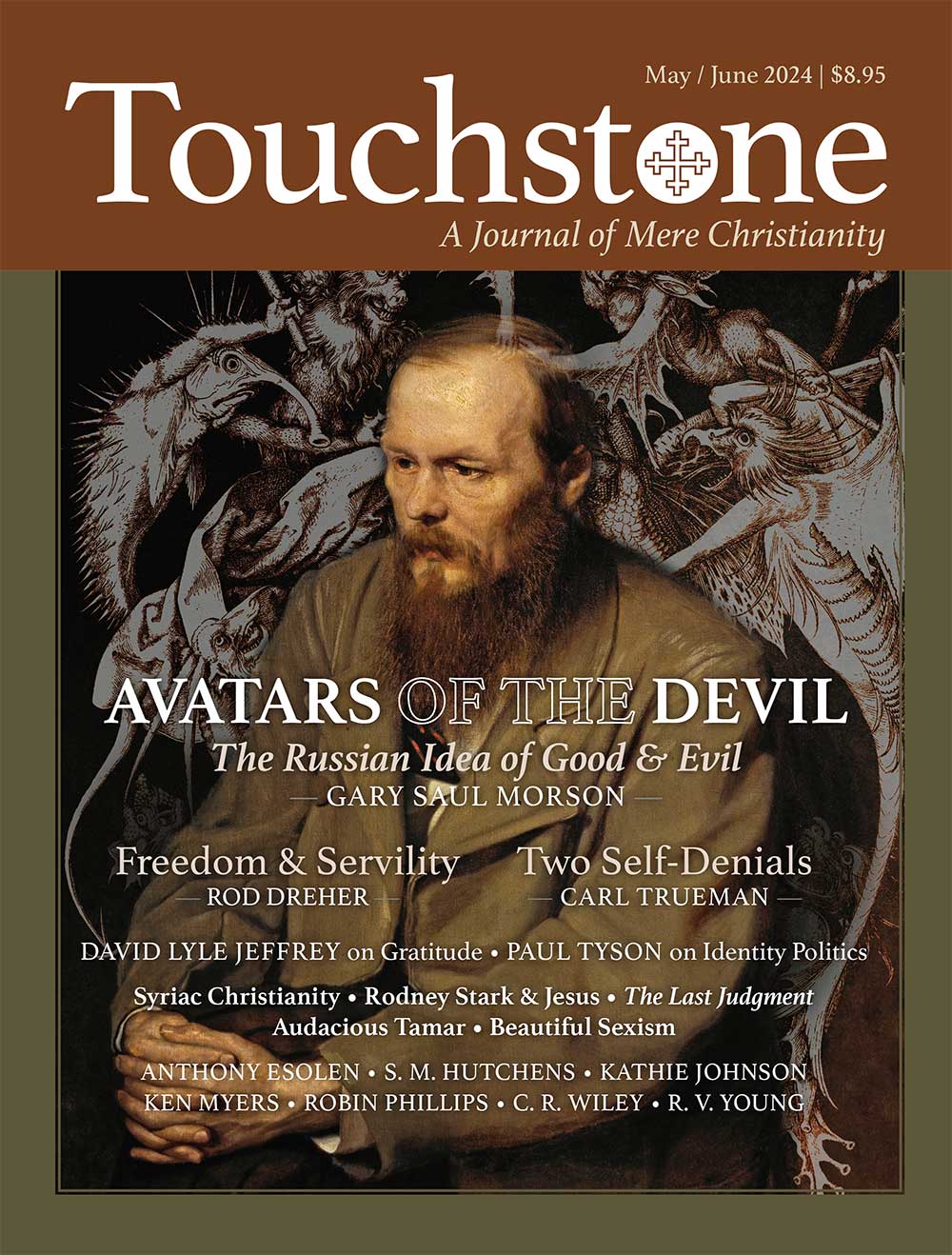The Liedermeister & the Church
One of the most famous choral ensembles in the world is the Vienna Boys Choir. The group’s forerunner—the Wiener Hofmusikkapelle—was founded in 1498 to provide music for the imperial court of Maximilian I, especially for the music in Masses in the court chapel. The long-standing presence in Vienna of this corps of musicians receiving imperial patronage was not irrelevant to the fostering of the city’s rich musical life. Some of the greatest composers of the eighteenth century—those who shaped what came to be called the “Viennese Classical Style”—were not natives of Vienna, but they developed their aesthetic ways and means while living and working in Vienna.
Among the most noted migrant musical workers were Haydn, Mozart, and Beethoven, while lesser lights such as Gluck and Hummel also contributed to the city’s ability to attract young performers and—critically—to encourage the formation of discerning audiences. Musicologist and conductor Brian Newbould notes: “It was fortunate that all these composers converged on Vienna, for the richness of the city’s thus implanted culture was to be a boon to the only proponent of the Viennese Classical Style who was truly Viennese.”
That native son of Vienna was Franz Peter Schubert, born on January 31, 1797, and baptized into the Catholic faith the next day in the parish church at Lichtental. There he would receive his first musical training, which soon bore fruit. When Franz was seven years old, his father—recognizing his son’s musical abilities—sent him for an audition with one of the most prominent music teachers in the city, Antonio Salieri. An Italian immigrant who first came to Vienna when he was sixteen, Salieri had served as the Austrian imperial Kapellmeister since 1788.
THIS ARTICLE ONLY AVAILABLE TO SUBSCRIBERS.
FOR QUICK ACCESS:
Ken Myers is the host and producer of the Mars Hill Audio Journal. Formerly an arts editor with National Public Radio, he also serves as music director at All Saints Anglican Church in Ivy, Virginia. He is a contributing editor for Touchstone.
subscription options
Order
Print/Online Subscription

Get six issues (one year) of Touchstone PLUS full online access including pdf downloads for only $39.95. That's only $3.34 per month!
Order
Online Only
Subscription

Get a one-year full-access subscription to the Touchstone online archives for only $19.95. That's only $1.66 per month!
bulk subscriptions
Order Touchstone subscriptions in bulk and save $10 per sub! Each subscription includes 6 issues of Touchstone plus full online access to touchstonemag.com—including archives, videos, and pdf downloads of recent issues for only $29.95 each! Great for churches or study groups.
Transactions will be processed on a secure server.
more from the online archives
calling all readers
Please Donate
"There are magazines worth reading but few worth saving . . . Touchstone is just such a magazine."
—Alice von Hildebrand
"Here we do not concede one square millimeter of territory to falsehood, folly, contemporary sentimentality, or fashion. We speak the truth, and let God be our judge. . . . Touchstone is the one committedly Christian conservative journal."
—Anthony Esolen, Touchstone senior editor









